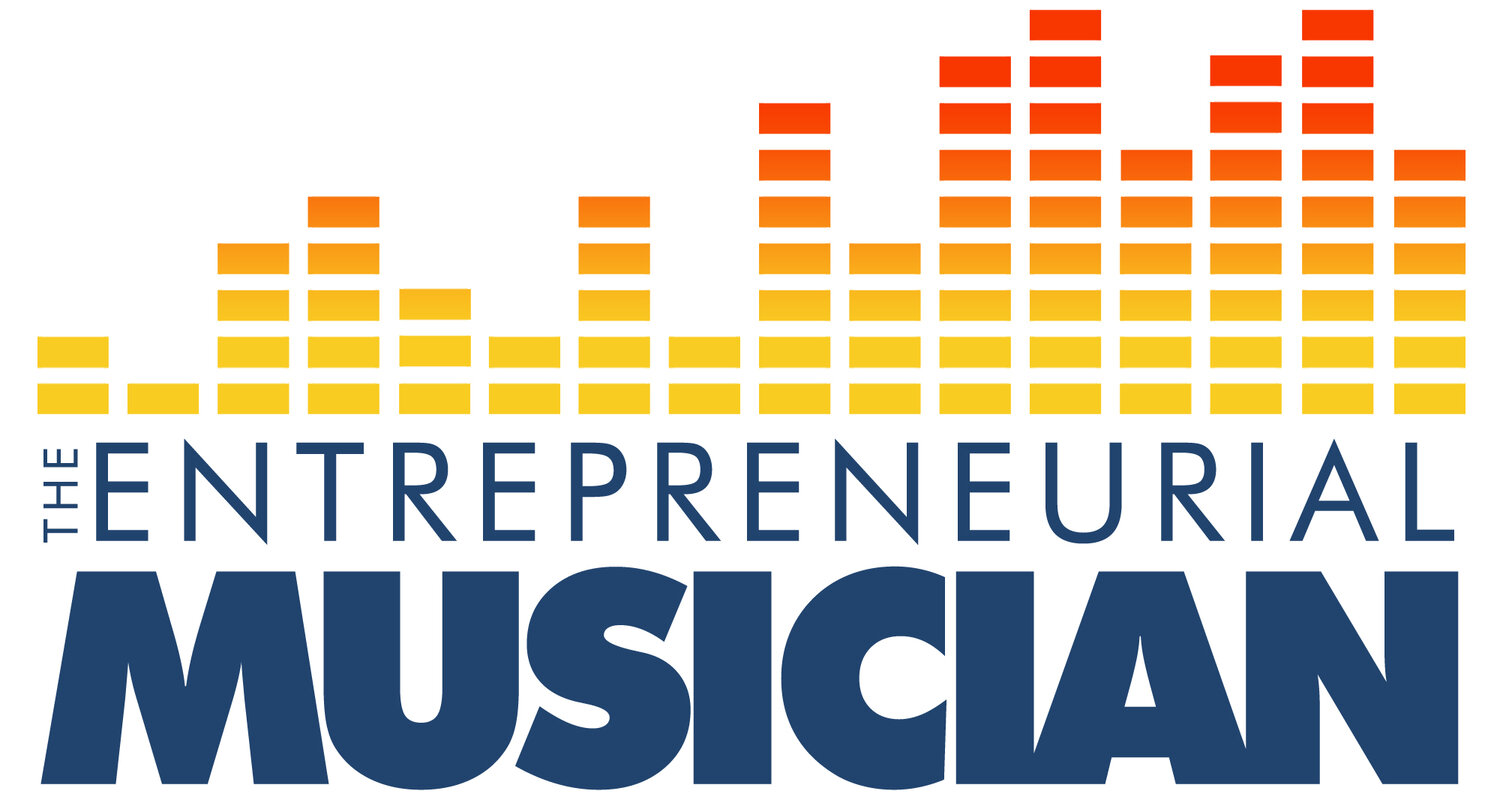A Powerful Lesson on Outcomes Over Tactics Courtesy of Mad Men
Your messaging needs to talk about how your customers will be changed - not about what you are going to do.
This gripping scene from Mad Men really hammers home that point.
Imagine if Don Draper had talked about the wheel’s sturdy construction, or how easy it is to load the slides, or how to store it.
Those are all important features! We want a product that is sturdy and will last. And when confronted with a new technology like this was at the time, we want to be assured that we will have no problem using it. Finally, storing something like this is important when adding a new tool into our houses.
What he did in this scene is appeal to the real reason why anyone would buy one of these back in the day:
It’s a time machine.
It brings us to moments in our lives which feel simpler. It brings back loved ones who are long gone. It brings us back to the chaotic but simple first days a child is alive. It brings us to a time without uncertainty.
You aren’t just teaching your students lip slurs or how to read tenor clef.
You are also giving them a lifelong love of music. Helping them to become more confident. You get the point…
Not every teacher is going to have the same lines in that last paragraph. You might be specifically helping people win professional auditions. You might be helping young people get more confidence in life.
The point is that you get to choose a lane. And when you do, you need to make sure your messaging is all about how the student will be changed.
Because whether we realize it or not, we all care a lot more about outcomes more than we care about tactics.

